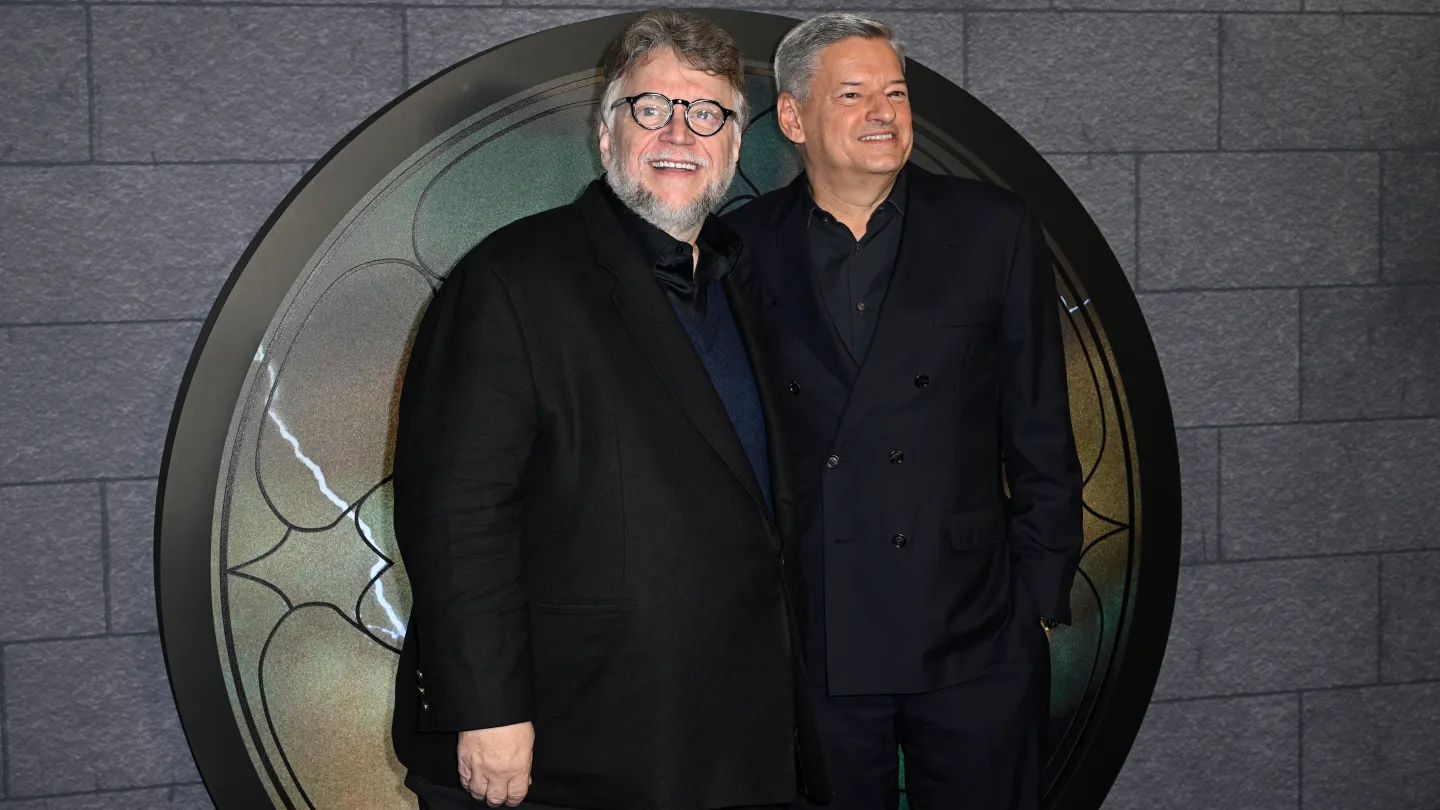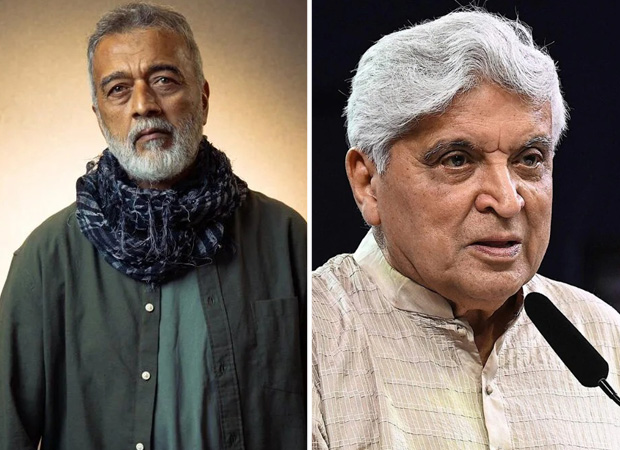Copyright The Hollywood Reporter

Late in Ted Sarandos’ interview with Wall Street analysts Tuesday afternoon, the Netflix co-CEO was asked about the value of AI to the company. Sarandos, who in shaping the era’s most successful Big Tech entrant to Hollywood has always been a skillful communicator, gave a telling answer. The company, he said, was excited “to leverage new technical capabilities as they come online,” noting that AI can help with not just advertising and product but “content production.” The line echoed a sentence in the company’s investor letter from earlier in the day that, “We’re empowering creators with a broad set of GenAI tools to help them achieve their visions and deliver even more impactful titles for members.” (It also cited the way the technology was used to de-age characters in Adam Sandler’s recent Happy Gilmore 2.) But then Sarandos seemed to perform a walkback. “We’re not chasing novelty for novelty’s sake,” he said, noting that “it takes a great artist to make something great.” By now Hollywood’s position on AI is clear: oppose what the tech companies are doing. That can and, one suspects, will change as deals are made; the current pitched battle looks a lot different when seen as prelude to a negotiation (see also under: the music industry and streaming during the Napster era). But for now there’s whole lot of daylight between AI giants and Hollywood firms. “How are you coming to the industry expecting partnership,” a WME partner told THR he said to OpenAI executives. “You quite literally set the bridge on fire.” But Netflix occupies a much trickier space. Long a disruptor, the company has made a name for itself by embracing new technology. Even more important, it has increased its valuation on Wall Street by embracing new technology. Yet the company also has many, many deals with top Hollywood talent, represented by WME and elsewhere, that sees this particular new technology as bridge-burning. And so on Tuesday Sarandos found himself trying to do the impossible: look AI-friendly enough to appease investors while AI-skeptical enough not to worry its stable of high-end filmmaking partners. And the number of those filmmakers antagonistic to AI is long. One of the company’s biggest, Guillermo del Toro, has been vehemently opposed to the tech, and his new film Frankenstein, currently in theaters and on Netflix next month, even plays as a cautionary tale about the dangers of letting technological progress run amok. On Monday I ran into del Toro and asked him what he thought of Sora 2 and this wave of generative AI in creative spaces. “I don’t think anyone wants this,” he said. He was referring to a whole swath of artistic industries and said that, while individual players might be “acquiescing,” he thought they were doing it against their better judgment. The director’s longtime producer, J. Miles Dale, explained the filmmaker’s position further in an interview. “We’re not opposed to technology, but not as a cost of artisanship,” Dale said. “It’s about soul, really.” The filmmaker would possibly use AI as a “last resort” late in the post process — to smooth something over, maybe — but nothing more. How would del Toro feel if someone on his team suggested using AI to generate something from the outset? “It would be like spitting on God,” Dale said, smiling but not joking. Not exactly Sarandos’ position. One way Netflix steers their way out of this narrow alley: Say it’s not for the top tier of artists. Sarandos tried to finesse the wheel that way on Tuesday by saying that he believes AI video will be used primarily by creators of “UGC,” or user-generated content. But Netflix is also trying to sign influencers, and telling thousands of prospective partners that the company admires the tech currently gunning for their jobs doesn’t seem likely to play well either. Also, influencer content is getting really professionalized, and if AI is coming for them, what’s to stop it from coming for a host of other programming that exists in Hollywood’s middle class? So far Netflix movies don’t appear more AI-ified than any other Hollywood studio. As long as the company sticks with that position in practice, executives can try to toe the line in earnings calls and public statements. (Apple, Amazon and Google are also in entertainment of course, but their stock price rises and falls on other businesses.)



